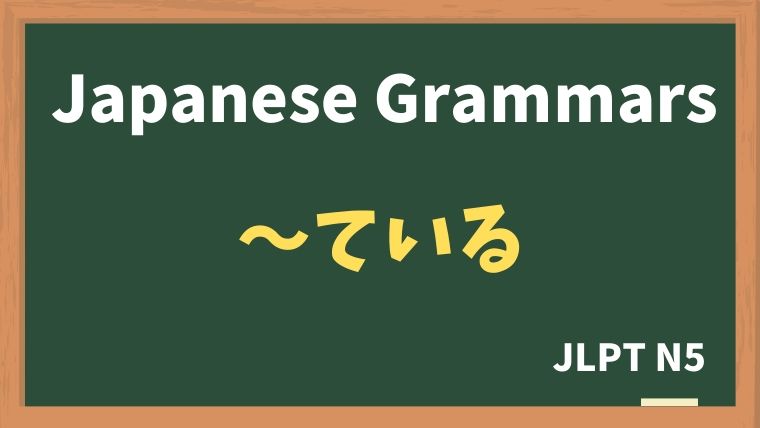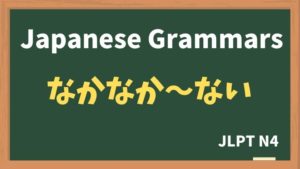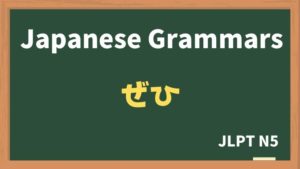
Contents
Explanation1:〜ている
fa-check-circleMeaning
This sentence pattern expresses the action in progress.
fa-check-circleForm
V(Te form) + いる
fa-check-circleJLPT Level
N5
Sample sentenes1
今 本を 読んでいます。
I'm reading a book now.
今、何を していますか。
What are you doing?
晩ご飯を 食べています。
I'm eating dinner.
息子は 今 英語を 勉強しています。
My son is studying English.
Explanation2:〜ている
fa-check-circleMeaning
This is also used in describing a certain continuing state which resulted from a certain action in the past.
fa-check-circleForm
V(Te form) + いる
fa-check-circleJLPT Level
N5
Sample sentenes2
私は 結婚しています。
I'm married.
私は 東京に 住んでいます。
I live in Tokyo.
ジェームスさんは たくさん お金を 持っています。
James has a lot of money.
私は 彼を 知っています。
I know him.
NOTE
to say “しっていません”.
Explanation3:〜ている
fa-check-circleMeaning
This is also used to show a habitual action (the same action repeated over a long period), occupation or personal status.
fa-check-circleForm
V(Te form) + いる
fa-check-circleJLPT Level
N5
Sample sentenes3
私は 高校で 英語を 教えています。
I teach English at high school.
私は 毎週 火曜日と 木曜日 日本語を 勉強しています。
I study Japanese every Tuesday and Thursday.
私は アップルで 働いています。
I work for Apple.
Vocabulary
| Japanese | English |
| よむ | to read |
| いま | now |
| ばんごはん | dinner |
| えいご | English |
| すむ | to live |
| おかね | money |
| こうこう | high school |
| はたらく | to work |






